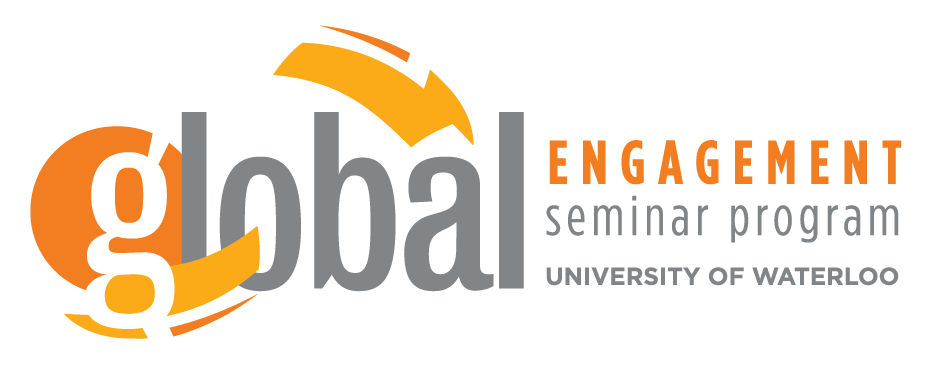
Launched in 2018, the Global Engagement Seminar Program is a capstone seminar, bringing together students from across the six faculties and the affiliated colleges to develop greater awareness of contemporary global issues, as well as to work collaboratively to think through creative solutions.
Students work in small-group settings to build collaborative, interdisciplinary, and effective proposals for solving global problems ranging from international governance, violent conflict, food security, indigenous rights, refugee settlement, homelessness, and youth engagement in social policy. Led by the Jarislowsky Fellows – distinguished individuals with records of success either in or outside of academia – and faculty members with research expertise in contemporary global challenges, the program will culminate in a high-profile Summit, offering students the opportunity to showcase their projects and proposals.
Description of academic program
The Global Engagement Seminar Program applies methods drawn from across the disciplines to study global problems where politics, economics, science, philosophy, history, and technology intersect.
Learning outcomes
- Describe key concepts, salient theoretical and practical or policy perspectives on global problems or challenges that are faced across the globe;
- Understand how individual and collective responsibilities are marked and shaped by privilege and marginalisation, whether by wealth or poverty, identity, geography;
- Think critically about and articulate how contemporary socio-cultural-historical-political-economic contexts can influence various aspects of individual and community experiences and their means for facing global challenges;
- Analyze global problems and shape possible responses to some of these, locally and/or at the global level;
- Engage with leadership in beyond-the-classroom projects in order to learn the basis for solving real world/global problems;
- Value as well as broaden their acquired knowledge and skills to help to identify and solve complex global problems beyond their graduation.